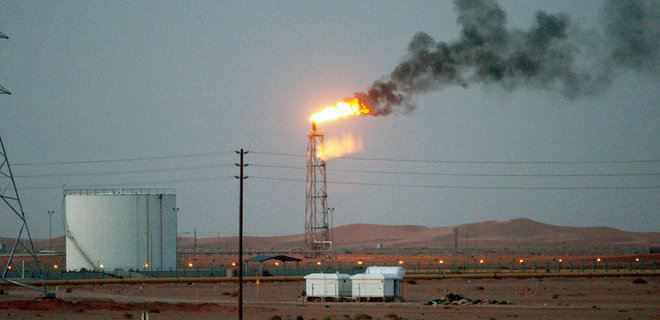
Saudi Arabia has made it clear to Western countries that it is ready to produce more oil if Russia significantly reduces its production due to sanctions. The kingdom has long resisted calls from Washington to increase production, but changed its position after visits by senior US officials, the Financial Times reported, citing its own sources.
Adviser to US President Brett McGurk and State Department of Energy spokesman Amos Hochstein have managed to make progress in Riyadh’s position.
“Saudi Arabia is aware of the risks and that losing control of oil prices is not in its interests,” – said one of the interlocutors. This week, for the first time in many years, oil prices exceeded $120.
Sources say the talks discussed an immediate increase in production in Saudi Arabia and the UAE, but this must first be agreed at an OPEC + meeting. In this case, the increase in production planned by the bloc countries in September may be postponed to July and August.
At the same time, the head of the oil and gas department at JPMorgan, Christian Malek, said that Saudi Arabia was still “cautious about using all its spare capacity.” “It would be premature to attract all available capacity now, but they are ready to react if the market starts to get out of control. Riyadh sees reserve capacity as the last line of defense against the risk of oil price recession,” he said.
- On June 1, The Wall Street Journal reported that some OPEC countries were considering suspending Russia’s participation in the OPEC + agreement, in which the world’s major oil producers jointly determine supply to the market if it fails to meet its quota through sanctions. This will redistribute quotas among other OPEC + participants and occupy Russia’s niche.
- In April 2020, in the midst of the coronavirus pandemic and the collapse of oil demand, OPEC + agreed to the largest in the history of production reduction of 9.7 million barrels per day. Since then, most of this volume has returned to the market.
- From August 2021, OPEC + countries will increase production in equal portions of approximately 400,000 barrels per day per month.

